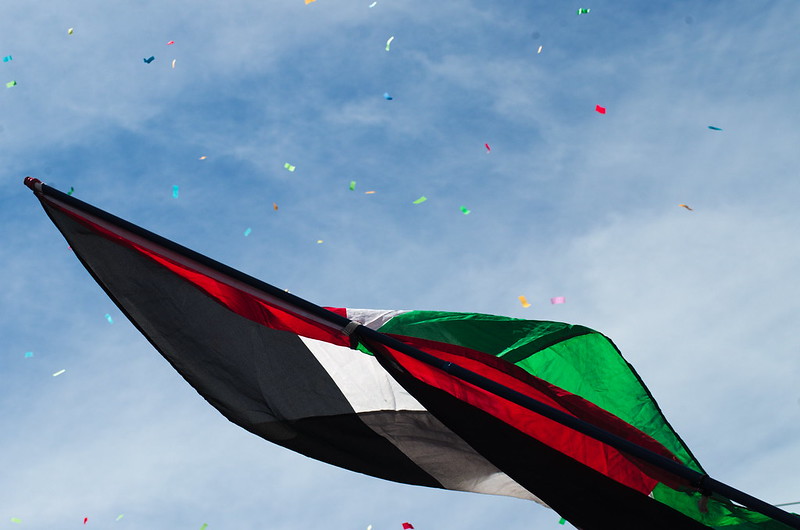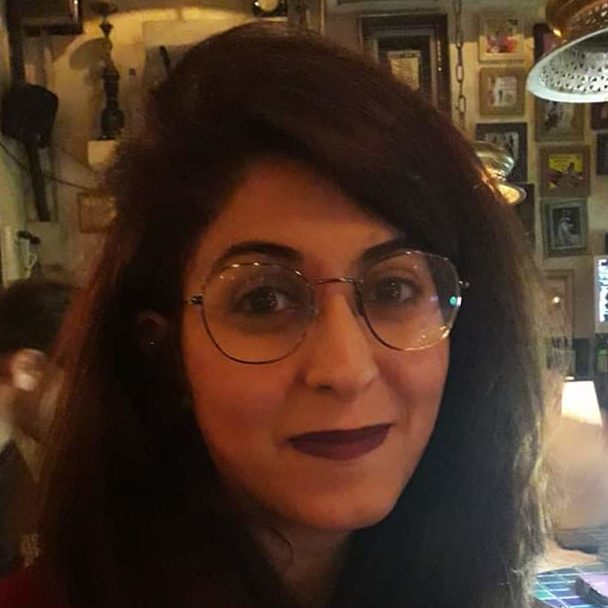
For the past two years, there has been a shift in the public perception of the Palestinian LGBTQI+ issue. It has gone from being ignored or rarely discussed by regional political and spiritual leaders, to becoming one of the most controversial subjects on the Israeli political agenda.
So, what has changed in Palestinian society regarding LGBTQI+ persons and will it cause a split in the Joint List (a political coalition which represents the Palestinian citizens of Israel, or 48ers, in the Knesset) in the upcoming national election on the March 23, 2021? It is worth noting that this election will be the fourth election cycle in Israel in two years due to the inability of Prime Minister Netanyahu, immersed in a corruption scandal, to form a steady coalition in the past three cycles.
Before explaining this shift, I need to return to a major event that occurred almost two years ago. On July 26, 2019, a man from Tamrah, a Palestinian city within the 1948 borders, stabbed his 16-year-old brother just outside a queer youth shelter where the brother had been staying. The boy was hospitalized and later discharged. This event sparked a public campaign against homophobia in the Palestinian community, as well as the first Palestinian queer protest in Haifa.
Both the campaign and the protest were organized by Palestinian activists from the AlQaws organization with the support of a few Palestinians NGO’S and public figures, such as MK Aida Toma Suliman from the Joint List political party, and prominent leaders from Palestinian civil society.
What instigated the first protest focusing on and organized by queer Palestinians? After all, violence against queer Palestinians is ubiquitous, whether it is coming from the Palestinian community itself or from Israeli policies and practices as an occupying force.
The unapologetic visibility of Palestinian LGBTQI+ persons did not happen overnight. The visibility reflected in the protest was achieved by the relentless work of many fellow Palestinian queer activists (mostly from queer organizations Alqaws and Aswat) over two decades. That is what I believe caused the shift that put the LGBTQI+ community in a confrontational position with the rest of the Palestinian community. The aforementioned protest wasn’t a one-time event. It was also held in 2020, and was accompanied by a much more visible campaign which called for more inclusion of queer Palestinians and insisted on their belonging to the broader Palestinian community. Another notable point is that the protest was held in the center of Haifa, a Palestinian city that was occupied by the Israeli forces in 1948. More than that, the location of the protest is well known as a gathering place for Palestinian political and national protests.
While the protest was held as a response to a homophobic instance of violence, only one member of the Joint List described the event as a protest against this specific form of violence. Instead, they preferred vague generalities. For example, the head of the Joint List condemned violence in Palestinian society without specifying what kind of violence it was. This constituted a clear avoidance of potential political fallouts and the risk of conflict with other members of the Joint List whose silence in the face of homophobia has been deafening.
The controversy didn’t end there. In July 2020 new legislation focusing on a ban against conversion therapy was proposed in the Knesset. Out of the 15 Palestinian members of the Joint list party, 3 voted in favor of the legislation, 4 opposed it, and the remaining MKs abstained. These votes further ignited debate in Palestinian society. Three main positions have emerged as representative of Palestinian approaches to LGBTQI+ rights:
(1) The pro queer position. Those who hold this position state that queer Palestinians have the right to exist and are an integral part of the Palestinian community. This approach involves condemning homophobia directly and explicitly using the term LGBTQI+. This position has been associated mainly with activists and civil society organizations.
(2) The “neutral” position. This position is taken mostly by people who self-identify as secular progressives. They hide in the shadows of the conversation on queerness and do not cause controversy. They would, accordingly, denounce violence in general without calling out homophobia specifically. This vagueness also explains why they do not employ the direct and explicit terminology of LGBTQI+.
(3) The antagonistic position is more violent and blatantly homophobic. This position is characterized by the weaponization of religion to justify homophobic violence. This camp deploys religion, citing relevant verses from scriptures, as a justification for violence. It likewise uses homophobic slurs against the Palestinian LGBTQI+ community, even erasing them by say “there are no gays in the Palestinian community.” One of the most vocal members of the Knesset in the Joint List who is affiliated with the Islamic party said in regard to banning conversion therapy law, “we hope the Joint List will keep its alliances and will consider the Islamic, Christian, and Druze beliefs and values of its members.”
The way we use terminology matters. If in the past the “neutral” rhetoric was perceived as enough, today it is a different story. This so-called neutrality itself constitutes a form of violence. The Palestinian LGBTQI+ community is not static. Indeed, it is elastic and changing. It is not in the same place it used to be in terms of its strength. Rather than parting ways with broader Palestinian society, the enhanced visibility of the LGBTQI+ Palestinian community demands inclusion and needs conversation with religious and spiritual leaders in order to achieve it.
I believe that the LGBTQI+ community in Palestine is at a crossroads. Increased visibility has put the queer community in a confrontational position with the broader Palestinian community and it has also led to increased homophobia. Because of the dominance of the antagonistic camp and its explicit deployment of religion in tandem with the “neutrality” of secular “progressives,” queer Palestinians are alienated from their national and religious modes of belonging to Palestinian society. Therefore, tackling the homophobic deployment of religion that defines the antagonistic camp, in my opinion, is an important site for action. It requires using theological tools that expand interpretations of religious meanings and orients them to the suffering of queer communities. At the same time, bridging religious and national modes of belonging with sexual orientations and rendering them as coextensive rather than oppositional binaries would continue strengthening the Palestinian queer community given their multiple forms of belonging. Now, more than ever, we should build a mediating lexicon that will allow us to have a conversation with spiritual and religious leaders. Creating a shared language and terminology that is accepting of the queer community along with the development of progressive attitudes among spiritual and religious leaders is key for queer Palestinian inclusion.

